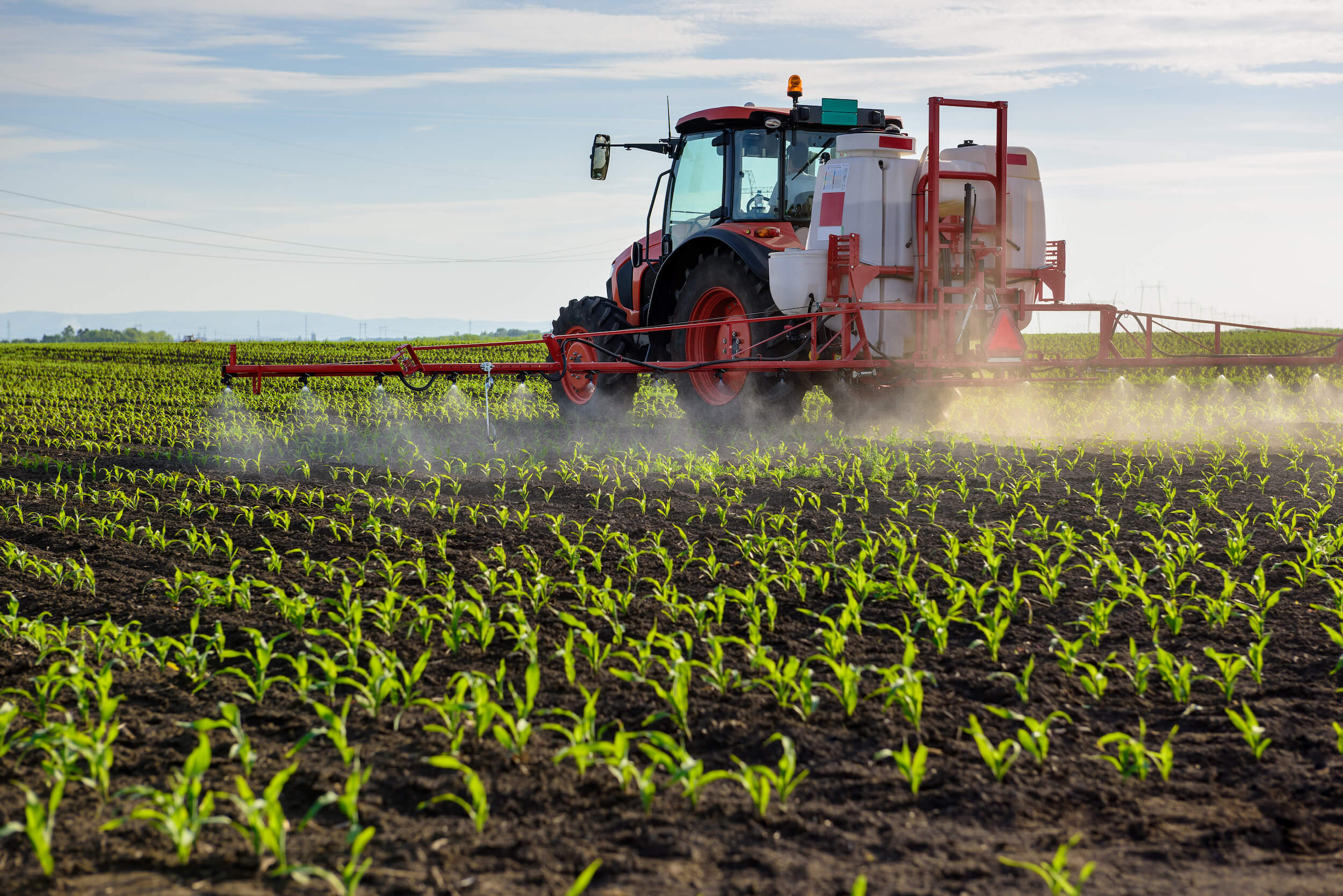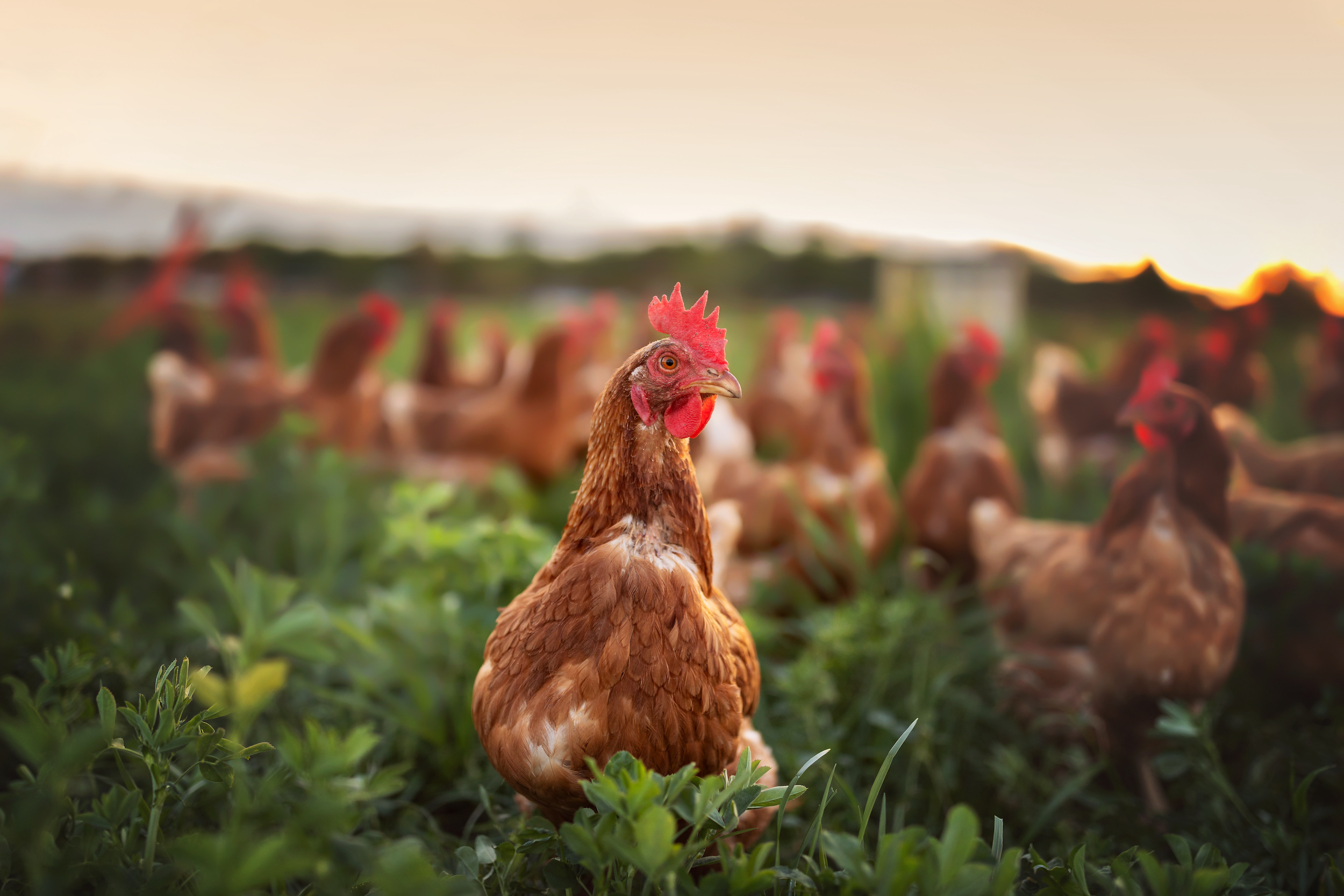True Cost Accounting for Resilient and Equitable Food Systems
In light of ongoing conflict and crisis, food systems transformation is needed now more than ever.
The work to build stronger, more resilient, and equitable food systems has gained even greater urgency as a result of global conflict, climate change, and the COVID-19 pandemic. Despite the formidable challenges we face, hope can be found from the powerful initiatives happening around the world to transform food systems.
True Cost Accounting (TCA) offers an innovative path to achieve this goal of food systems transformation by making visible its hidden costs and benefits. The TCA Accelerator advocates for widespread adoption of TCA, working with stakeholders across the globe to increase the understanding and utility of TCA as a critical tool to advance food systems transformation and to pave a path forward that can resolve deep-rooted problems once and for all.
The True Costs of a Industrial Globalized Food System
 An extensive base of lived experiences, peer-reviewed studies, and evidence-based reports confirms what we can see with our own eyes: that a globalized, industrial food system is unsustainable and causing significant social, environmental and health harms.
An extensive base of lived experiences, peer-reviewed studies, and evidence-based reports confirms what we can see with our own eyes: that a globalized, industrial food system is unsustainable and causing significant social, environmental and health harms.
Most recently, the United Nations warned that the crisis in Ukraine could produce a “hurricane of hunger and a meltdown of the global food system.” Indeed, as the war continues — compounded by pandemic recovery and increasing threats of climate change — food, energy, and fertilizer prices are beginning to soar. This has massive implications for already vulnerable communities around the world.
We urgently need lasting solutions that can address multiple challenges, minimize unintended consequences, and create value for people and nature. So how do we identify these solutions?
Measuring Externalities and Benefits for Systems Change
True Cost Accounting tools can likewise take numerous forms, sometimes described as a “capitals approach,” “impact assessment,” or “value accounting.” Some methodologies focus exclusively on quantifying impacts and costs, while others assess qualitative indicators such as social and environmental welfare. Many TCA skeptics are critical of cost-only assessment schemes and may assume that this approach does not include social or natural capitals in a rigorous enough way. This can sometimes lead to disputes about the terminology or label of the tool. These concerns are not without some validity but we believe these are rooted in how TCA is applied, the breadth of the valuations used and the transparency of limitations in the assessment.
It’s also important to highlight that these measurement tools are not intended to assess risks and hidden costs exclusively. TCA assessments can also highlight the beneficial value of what different types of food systems can offer, and therefore, identify the opportunities that can best mitigate harm and optimize impact. For example, led by the Global Alliance for the Future of Food and TMG Think Tank for Sustainability, a TCA analysis was conducted with social enterprise, Community Markets for Conservation (Comaco). This data highlighted that training small-scale farmers in Zambia with agroforestry practices could save ZMW 7 trillion (USD 426,656,078) in avoided annual costs related to land degradation. Simultaneously, this approach identified significant value for their region through the implementation of conservation methods and agricultural practices that bolstered long-term environmental benefit and increased community leadership.
Agriculture is just one facet of where TCA can establish linkages and leverage support and understanding of more resilient methods — assessments can be applied across the food system to minimize negative externalities across supply chains, address food loss and waste, improve working conditions, and understand how to achieve sustainable diets. Thus, a TCA analysis is a means to an end, and must be tethered to value-based action to enable larger-scale transitions to these approaches with proven results. One of the TCA Accelerator’s main purposes is to rigorously account for the benefits and cost mitigations provided by these restorative and resilient food and agricultural systems and use TCA as a tool to make the case that these systems outperform the predominant industrial agricultural model. We also advocate for transparency and accountability as a core principle of True Cost Accounting. The use of shortcuts or limited metrics in assessments can lead to erroneous solutions at best and greenwashing at worst, and therefore cannot accurately be called “True Cost Accounting.”
A More Unified Global Network
 As we move forward into 2023, the TCA Accelerator is looking forward to building stronger support for True Cost Accounting through three priority areas: stakeholder engagement, policy and technical analysis, and strategic communications.
As we move forward into 2023, the TCA Accelerator is looking forward to building stronger support for True Cost Accounting through three priority areas: stakeholder engagement, policy and technical analysis, and strategic communications.
In particular, the TCA Accelerator convenes a global Community of Practice as a home for those seeking to learn, understand, practice or otherwise engage with a network intent on supporting restorative and resilient food system solutions. As we harness this growing momentum into a unified global network, the TCA Accelerator is looking for guidance from stakeholders in the Global South and elsewhere to inform, support, and inspire our collective efforts in food systems transformation. We look forward to building new connections, sharing resources, and facilitating discussions that can establish an even more robust and dynamic group of TCA advocates leading necessary change.
Over the months ahead, the TCA Accelerator will work to illuminate the critical role of TCA in building the future of food that so many wish to see — one that stewards long-term soil health and fertility, maintains an abundance of clean water and fresh air, preserves biodiversity and the health of the Earth, and upholds equitable practices from seed to spoon.
We invite you to join us in the mission. We are stronger together and believe aligning our collective efforts will help to achieve our goals that much more effectively.
In gratitude and solidarity,
Urvashi Rangan




